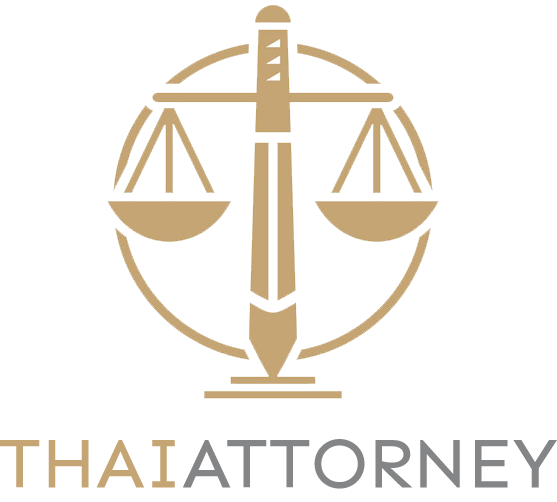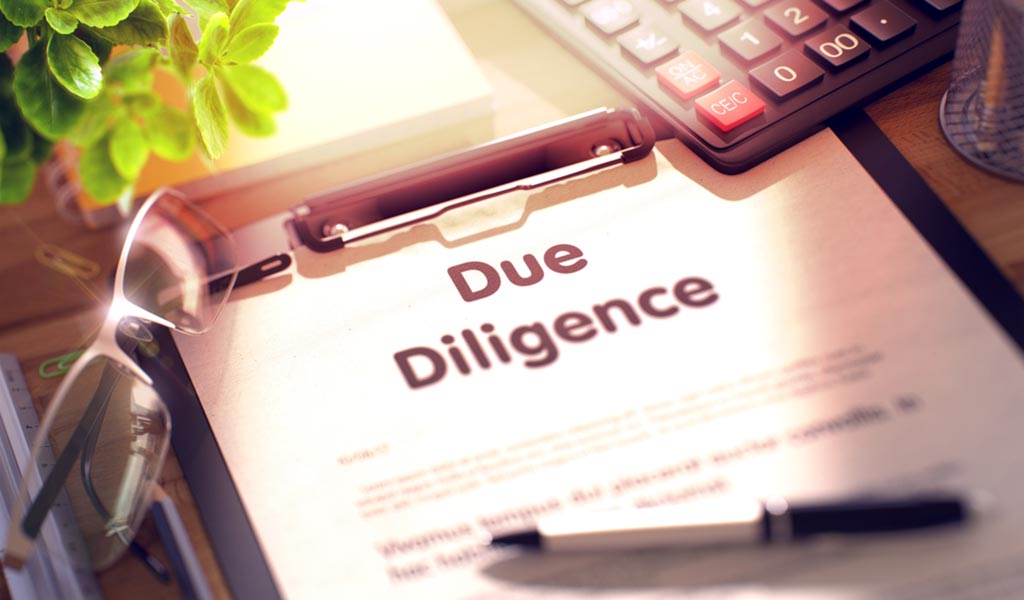As a buyer in Thailand, due diligence is essential before you purchase a property. You need to make sure the seller is an actual owner of the property. It is advisable to conduct a physical inspection of the property before you make your purchase. The following steps will assist you in performing your due diligence. Follow these steps to protect yourself and your investment. To make sure the property is legitimate, you should conduct thorough research on the developer or seller’s credentials.
Conduct Physical Inspection
As part of the due diligence process, you should conduct a physical inspection of the property you’re considering purchasing. The purpose of a physical inspection is to verify the legal ownership of the property, determine its boundaries, and confirm whether zoning ordinances apply. Physical inspections are particularly useful when purchasing condominium property. You may find that the property is out of bounds or has no public road access. In addition, physical inspections can reveal whether the property is zoned for residential or commercial use, based on local zoning laws.
The next step in Thailand property due diligence involves conducting a physical inspection. Due diligence involves analyzing the seller’s business practices and financial statements to ensure that the property is legally yours. Due diligence also involves asking questions such as whether the owner is reliable and if the property is in good condition. Due diligence also includes investigating the property’s sewage system and telephone system. Finally, you must ensure that the property’s boundaries match the title deed.
Inspection of Building Permits
Before buying a property in Thailand, you must be sure that the development has been legally approved by the government. The Town and City Planning and Building Control Acts govern the construction of new buildings in Thailand. The building permits you need to buy must meet certain rules for superficies, usufructs, servitudes, distance from public land, and so on. An attorney inspecting the property is crucial to ensure its legality and safety.
A building permit issued by the Or Bor Tor is one of the most important steps in doing due diligence on Thailand property. It certifies that the property is owned by a registered company and was approved for construction. The owner must also submit a building permit to the Land Registry before selling the property. The buyer must ensure that the building permit was issued by the registered company, otherwise, it may be illegal. Violations of building controls may lead to heavy fines and imprisonment.
Property Seller or Developer Credential Research
Due diligence is a vital part of buying property in Thailand. You should do due diligence to ensure the property developer or seller is legally entitled to sell it. For example, you should check that the land description in the title deed matches the land description registered with the Land Office. Due diligence should also include checking the ownership history of the property and whether it has been sold before. The following are some things to look for in a property seller or developer.d
Credential Research reveals property ownership history. This information comes from a variety of sources, including property deeds, mortgage files, air rights, and title searches. Using such a database will give you a full picture of a property’s history and the conditions that may be relevant to your purchase. The information provided is not only accurate, but also easy to find, as it is available online.

